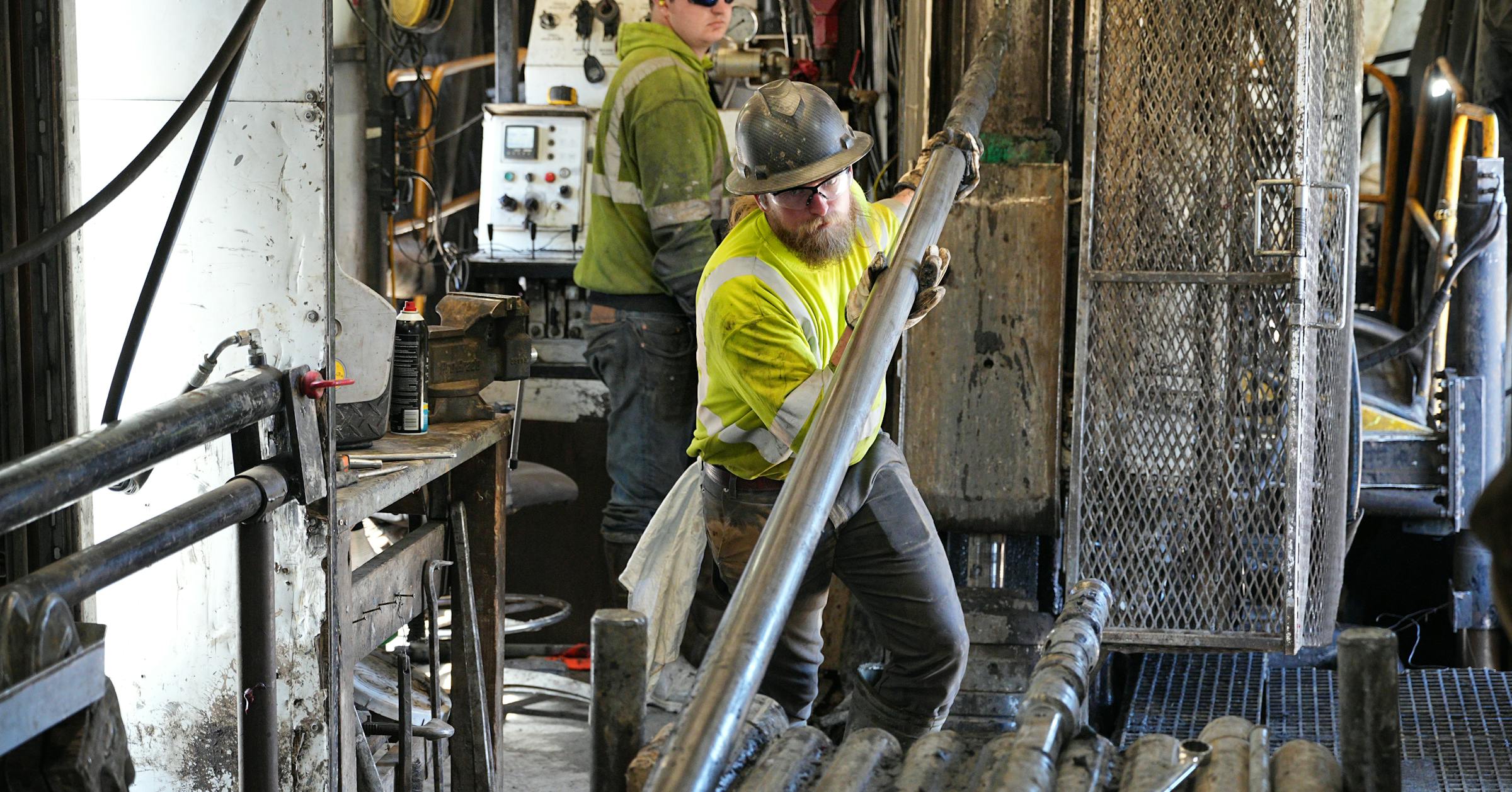
The next five years will bring serious challenges for Minnesotans. The state government projects a multibillion-dollar deficit beginning in 2028. Levies at the school district, city and county levels are rising across the state. Coupled with inflation and uncertainty at the federal level, Minnesota must be proactive in finding ways to strengthen our economy — and, by extension, our communities and our people.
One of the greatest opportunities for economic growth in our state today — not just in northeastern Minnesota — is critical mineral mining. For decades, proposed projects in the region have worked to responsibly access Minnesota’s world-class mineral reserves. Yet progress continues to stall, largely due to persistent misinformation and fear-based narratives promoted by groups like Save the Boundary Waters (“Supporters of Boundary Waters mining just refuse to give up,” Oct. 2). This has created confusion among the public and made it more difficult for lawmakers and regulators to assess projects based on facts and established processes. This is not a political football; this is about every single one of us.
The author’s narrative regarding sulfate standards is another false equivalency. Review of these proposed mining projects and efforts to change the sulfate standard have nothing to do with one another. Sulfate standards must be met by a wide variety of industries, including services and operations run by municipalities like wastewater treatment plants. To single out mining as being uniquely tied to sulfates is misleading at best and a downright lie at worst.
If we deny mining companies the opportunity to follow the thorough, science-based permitting process our state and federal governments have established, we risk sending a dangerous message — that Minnesota is closed for business. That would hurt not only the mining industry, but every industry considering investing here. And that is very bad.
We cannot allow groups of any kind to fearmonger Minnesotans into submission, especially those impacting our livelihoods. It is an unequivocal failure of our system and our common sense to deprive any company of the ability to go through a process to prove they can meet the standards set out by our state and federal governments to be able to work in our state. This goes for any industry. And while economic benefits are often dismissed as secondary, for many Minnesotans, they are far from abstract — they mean good jobs, thriving schools and vibrant communities. It is insulting and inappropriate to leave these benefits out of these conversations.
The technology exists. The research has been done. Minnesota is well-positioned to lead in this critical space. We deserve a future where responsible mining is not seen as “dirty” or “anti-Minnesotan,” but as an opportunity to support our people and strengthen our economy.